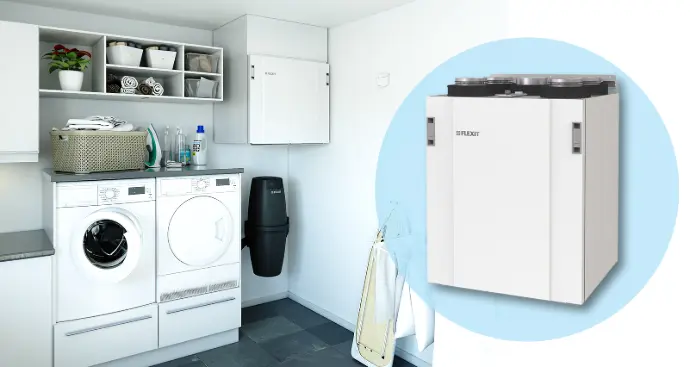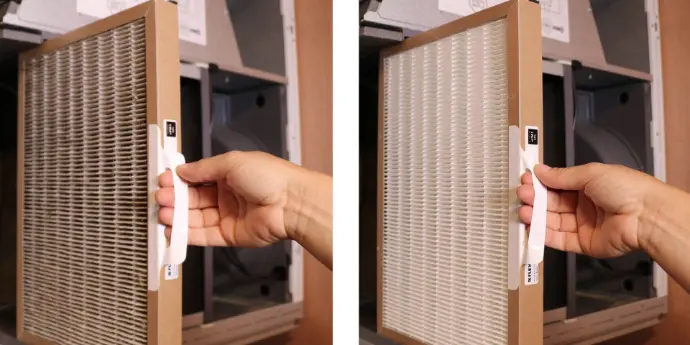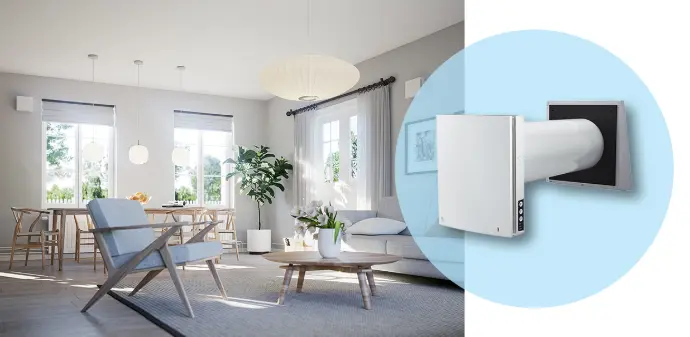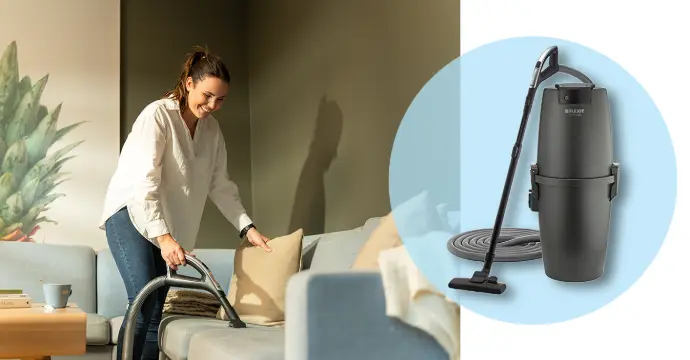Pollen allergy, also known as seasonal allergic rhinitis, is a common issue that can significantly impact the quality of life. Pollen grains are microscopic particles produced by plants during their reproductive cycle, ranging in size from 6 to 200 micrometers (μm). The smallest pollen grains, such as those from forget-me-nots (Myosotis), measure around 6 μm, while the largest, like those from four o’clocks (Mirabilis), can reach up to 250 μm. Pollen grains smaller than 100 μm are easily carried by the wind, increasing their concentration in the air and the risk of allergic reactions in sensitive individuals.
Pollen seasons and their Impact
Pollen season usually starts in February and lasts until October, with different types of pollen dominating in various periods. Tree pollen is most common in spring, grass pollen in summer, and weed pollen in late summer and fall. The intensity and duration of the pollen season vary depending on geographical location and climate conditions.
How to reduce pollen exposure indoors
For allergy sufferers, minimizing pollen exposure, especially indoors, is crucial. One effective solution is using ventilation units with high-quality filters that ensure the supply of fresh air free from pollen particles.
Flexit offers ventilation units equipped with F7-class filters (ePM1 55%), which can capture up to 55% of particles larger than 1 μm, including pollen, bacteria, smog, and odors.


The importance of regular filter replacement
Regular filter replacement is essential for maintaining optimal air quality. It is recommended to change filters at least twice a year, ideally in spring and fall, after the pollen season ends. In areas with high dust or pollution levels, more frequent replacement may be necessary.
Five tips to improve indoor air quality for allergy sufferers
-
Balanced ventilation system with filter against pollen
With the balanced ventilation system from you get an indoor climate with filtered, clean and fresh air in every room. In the ventilation units from Flexit, we use quality filters that prevent pollen and pollution from entering the home. - Regularly Check and Replace Filters
Do you already have a balanced ventilation system? Remember to change the filter in the ventilation unit before and after the pollen season. Use original filters for the ventilation unit to ensure that pollen remains in the filter. Clogged filters can reduce filtration efficiency and increase allergen levels indoors. Regular maintenance ensures optimal air quality. -
Room fan with filter against pollen
Decentral room fan provides balanced ventilation with heat recovery in single rooms. Some of Flexit's models have a fine filter that removes pollen. This can be purchased as an accessory. Room fans provide a healthy indoor climate in the room and recover heat. The room is supplied with clean, filtered and fresh air and polluted air is removed. Up to 95% of the heat is recovered and the supply air is tempered so that you get high comfort and avoid cold drafts. The products have modern controls and can be installed individually, in pairs or in series. - Monitor the Pollen Situation in Your Area
Keep track of pollen forecasts and adjust ventilation accordingly. During high pollen concentration periods, avoid opening windows and rely on your ventilation unit with quality filters. - Maintain Cleanliness at Home
Regular cleaning, especially vacuuming with HEPA filters, helps reduce indoor allergens. Consider using air purifiers for additional filtration. Flexit central vacuum cleaner blows fine dust and pollen particles out of the house. Extra cleaning can reduce the concentration of pollen particles that have collected and stuck to surfaces and in textiles. Pollen easily sticks to dust and is swirled up. - Ensure Proper Indoor Humidity Levels
The optimal indoor humidity level should be between 40-60%. Too dry or too humid air can worsen allergy symptoms. Some Flexit ventilation units include humidity control features, contributing to better comfort and health.


By implementing these measures, you can significantly improve indoor air quality and reduce pollen allergy symptoms. Flexit products are designed to provide effective solutions for allergy sufferers, ensuring clean and healthy air indoors.



